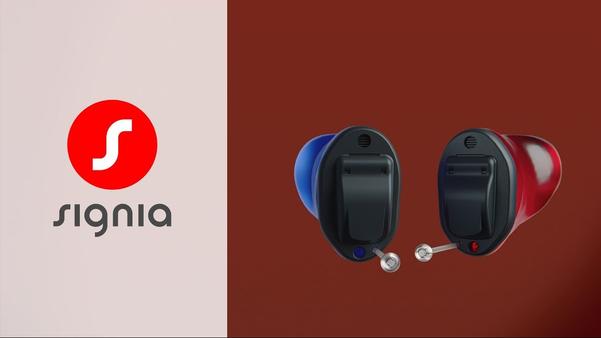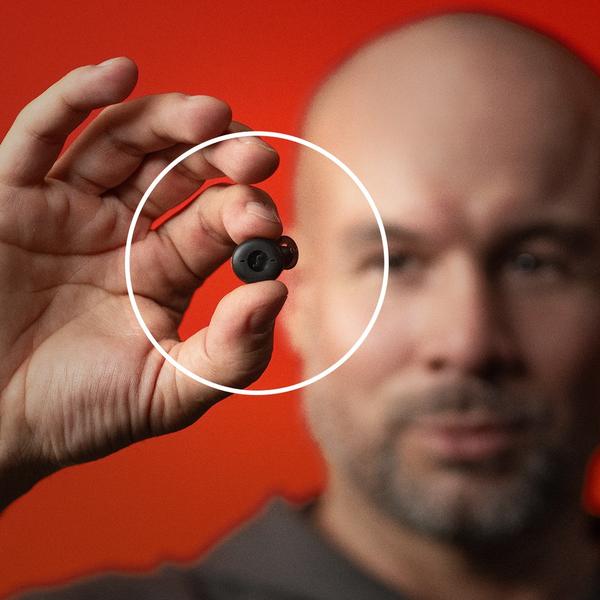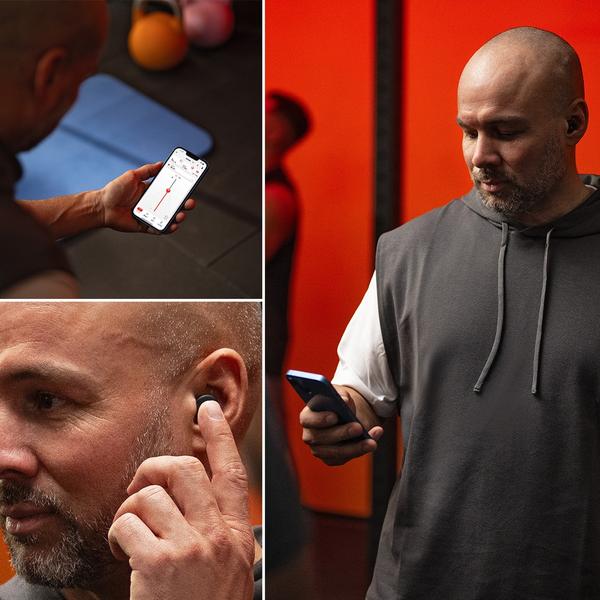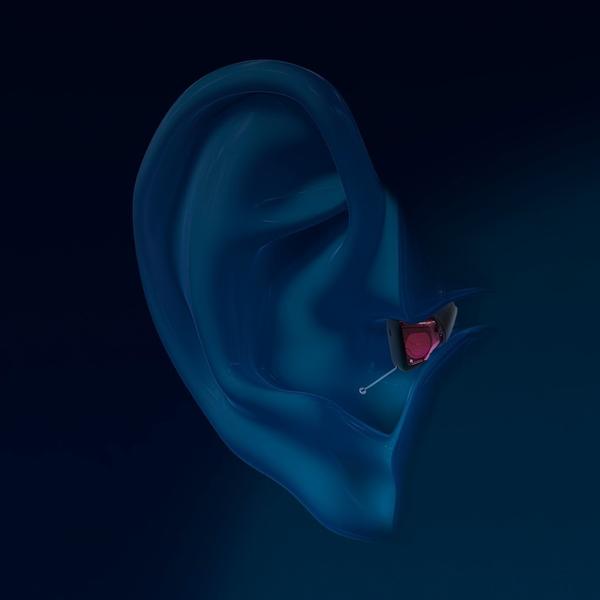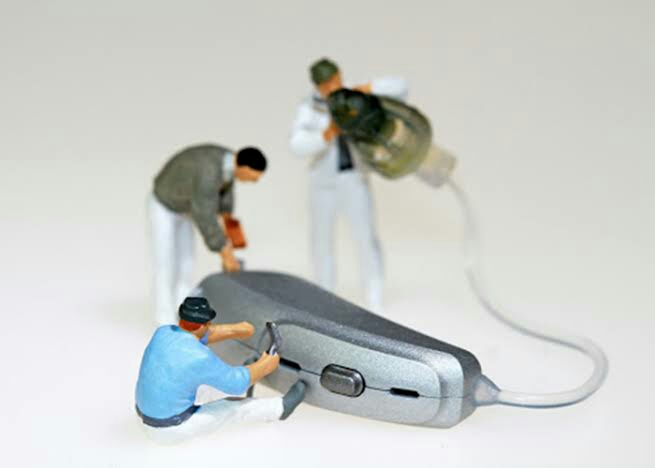
Why Your Hearing Aid Might Break
Once you’ve gone through the decision to get a hearing aid and then have taken the time to get used to it, you will have difficulty imagining your life without it. That’s why it’s so difficult when your hearing aid stops working.
Keep your hearing aid in good working shape, so you can continue to enjoy the quality of life you’ve experienced since you first started wearing it.
Battery Care
Your hearing aid can’t work without the battery, and it is important to talk to your audiologist to make sure you are buying the correct battery for your model. Be very careful when handling your batteries, as just the oils and other debris on your hands can cause damage. Make sure your hands are completely dry after you wash them so that you aren’t introducing damaging moisture when changing your battery.
Be sure to follow all of the instructions that come with your hearing aid and battery, and be sure to turn your hearing aid off when you aren’t using it. Store it properly to protect both your device and your battery.
It is also helpful if you get to know the “routine” for your hearing aid battery. Note on a calendar when you replace it, and figure out the pattern as best you can. This will help prevent your hearing aid from conking out because you don’t have a spare battery on hand when it’s time for a change. Carry a spare with you when you leave your home to avoid the same problem.
Moisture
Hearing aids are electronic devices, and as such even a small amount of moisture can cause damage or make them stop working completely. Consider purchasing a dehumidifier that is specially made to hold your hearing aid when not in use. Consider taking off your hearing aid when you exercise to avoid damage from sweat. Talk to your audiologist before taking this step, as it may be dangerous to exercise outside without the ability to hear surrounding sounds such as traffic and sirens. If necessary, take it off and exercise inside, and be sure to remove it before you hop in the shower or pool.
Stay away from hairspray, spray deodorants and other aerosols, as they contain not only moisture but also chemicals that can build up on your hearing aid over time and cause permanent damage.
Earwax Buildup
While earwax may make you cringe, it actually plays a vital role in protecting your ears against dust, insects, and other items. That being said, earwax can build up in your hearing aid and cause it to break down. Have your audiologist or regular physician take a look in your ears to see what type of buildup you have, as some people produce more earwax than others. That can help you develop a cleaning plan for both your ears and your hearing aids.
Follow all of the instructions for cleaning wax off your hearing aid very carefully. Cleaning methods vary based on the type of hearing aid you have, and one cleaning method may be harmful to one model while helpful for another. If you have any questions about your cleaning methods, don’t wing it! Talk to your audiologist or hearing aid provider to make sure you are cleaning it properly.
When wearing your hearing aids becomes second nature, it’s hard to imagine life without them. Take some simple precautions, so you don’t have to.

